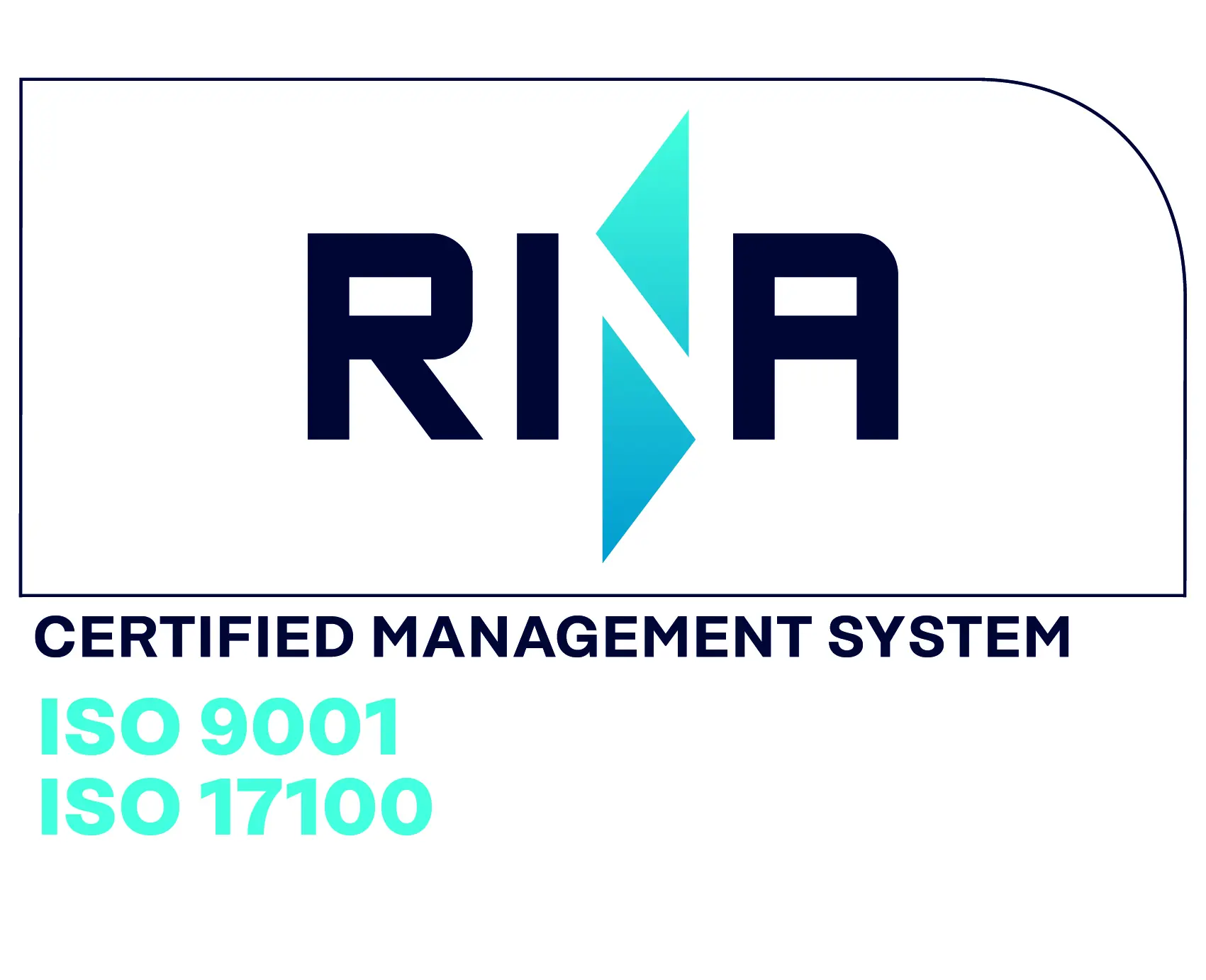Linguistic validation services ensure that patient-reported outcomes, clinical trial materials, and other sensitive documents are accurate, culturally and linguistically appropriate. This process is crucial for sectors such as healthcare and pharmaceuticals, where precise communication can directly impact patient safety and treatment efficacy.
However, as demand for linguistic validation grows, so does the expectation for service providers to adhere to the highest standards of quality and consistency. This is where ISO certification becomes indispensable.
Why ISO Certification Matters for Linguistic Validation
ISO (International Organization for Standardization) certifications are globally recognized quality management and service delivery benchmarks. For linguistic validation providers, ISO certification offers multiple benefits:
- Trust and Credibility: Certification demonstrates a commitment to international standards, providing clients with confidence in your services.
- Consistency in Processes: ISO ensures standardized workflows, minimizing errors and maintaining project uniformity.
- Market Competitiveness: Certified providers are more attractive to clients, especially in highly regulated industries like clinical research and healthcare.
- Continuous Improvement: ISO certification requires regular audits and updates, encouraging providers to continually refine and enhance their processes.
Which ISO Certification is Right for Linguistic Validation Services?
1. ISO 9001: Quality Management Systems
ISO 9001 is the foundation for quality management across industries. It provides a framework for standardizing workflows, ensuring client satisfaction, and continually improving services. For linguistic validation, ISO 9001 certification assures that:
- Processes like translation, back translation, and cognitive debriefing are well-documented.
- Quality assurance mechanisms are in place to verify materials’ accuracy and cultural relevance.
- The organization’s entire workflow aligns with internationally recognized standards.
ISO 9001 is ideal for providers offering a mix of services, such as linguistic validation, cognitive debriefing, and project management.
2. ISO 17100: Translation Services
ISO 17100 is specific to translation and related services, focusing on:
- The qualifications and competencies of translators and reviewers.
- Defined processes for translation, editing, and proofreading.
- Maintaining detailed project records and ensuring traceability.
For linguistic validation providers expanding into translation services, ISO 17100 is a natural next step after obtaining ISO 9001. Together, these certifications provide a comprehensive framework for quality assurance.
